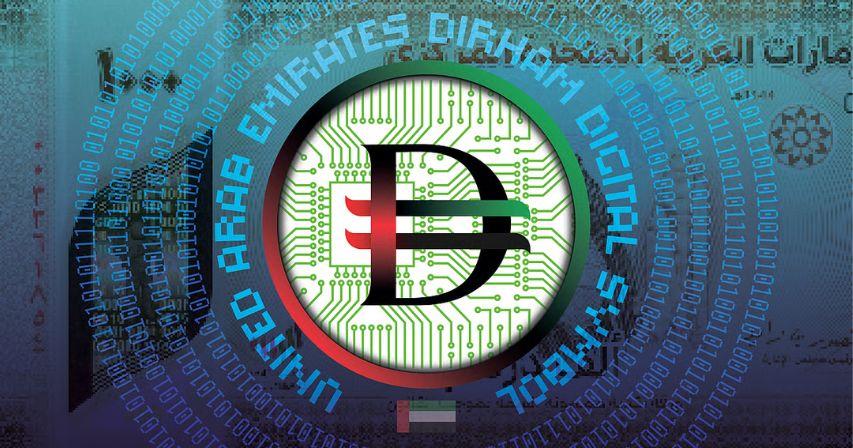Salary, payments in Digital Dirhams? New UAE law puts e-currency on par with cash

The UAE has enacted a new law to give its digital currency, known as the Digital Dirham, legal status equal to cash and physical coins and notes. The legislation states that the Digital Dirham is “legal tender for payment of any amount”. Federal Decree Law No. (6) of 2025 defines the Dirham as being denominated by “notes, coins and digital forms”, which provides the Central Bank of the UAE (CBUAE) with a statutory foundation for its digital currency initiative.
“However, detailed implementation regulations by the Central Bank of the UAE (CBUAE) Board of Directors are still pending,” said Ali Awad, Partner at Al Tamimi & Company. “These regulations are expected to govern how the digital currency will be issued, circulated, redeemed at full nominal value, and legally transferred. Once these rules are in place and the system becomes operational, no merchant, financial institution, or public body will be permitted to refuse Digital Dirhams as payment for goods or services.”
On Tuesday, the Ministry of Finance and Dubai’s Department of Finance each completed the UAE’s first government financial transaction using the Digital Dirham, in cooperation with the CBUAE. The test transaction was part of the pilot phase of the Digital Dirham project, which is intended to speed up the transition to digital payments.
Asked whether salaries or retail payments could eventually be made in Digital Dirhams, Awad replied that this is a likely future development. “Legally, now that the Digital Dirham is recognised as legal tender, there is no legal obstacle to paying salaries, retail purchases, or remittances in Digital Dirhams. Operationally, this will require CBUAE implementation regulations setting out how Digital Dirhams are issued, distributed, and held, including wallet interoperability.”
He added that employers, point-of-sale networks, and remittance platforms would need to integrate with the Digital Dirham infrastructure. “Public and private sector readiness to accept Digital Dirhams, alongside cross-border agreements with foreign regulators to enable international remittances via CBDC (Central Bank Digital Currency) corridors, will also be required.”
How it is different
The CBUAE defines the Digital Dirham as the UAE’s national currency in digital form “that will enable instant settlements and widespread accessibility, with the security and trust of traditional central bank-backed money”.
In a policy paper, the CBUAE said it expects the CBDC to “drive frictionless payments through lower transaction costs and the ability to settle payments instantly on a retail, wholesale, and cross-border basis” and that a widely accessible CBDC could enhance financial inclusion by providing people with easier access to formal financial services if they are currently unbanked or underbanked.
As for other potential changes, the CBUAE said the Digital Dirham will not be as interchangeable with cash due to programmable payments, real-time settlement, and frictionless cross-border transactions, and the change will require new infrastructure and compliance rules.
“It will be treated as if it were equivalent to central bank reserves, which will have implications for liquidity management, regulatory treatment and access to CBUAE facilities. The Digital Dirham is being designed for use in retail, wholesale, and cross-border transactions with a view to enhancing payment system efficiency and to reinforcing monetary policy operations,” Awad explained.
The CBUAE intends to introduce the Digital Dirham gradually with necessary risk controls, already taken into account in the design, which will be implemented in phases.
“The distribution of the Digital Dirham will be conducted through an intermediated CBDC model and accessed via a hybrid wallet-based solution,” the CBUAE policy paper reads. “The Digital Dirham wallet providers will be LFIs (banks, exchange houses, and payment service providers) as well as FinTechs with SVF licences (store value facility).”
The CBDC will be based on a hybrid architecture that incorporates both account- and token-based features. Customers will be in control of wallets with account identifiers, while a permissioned distributed ledger will record all transactions.
The framework is among the measures unveiled in the wider reform launched through Federal Decree Law No. (6) of 2025, which updated and combined existing laws to bring the regulation of banks, insurers, and fintechs under one umbrella at the Central Bank. The law also introduced new enforcement tools, such as early-intervention powers and administrative fines of up to Dh1 billion for certain breaches.






Comments